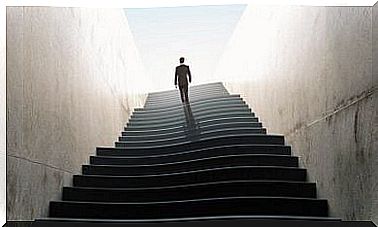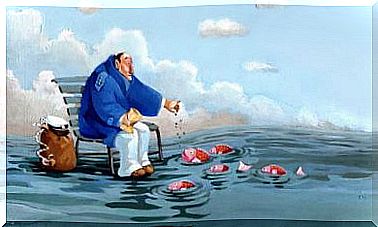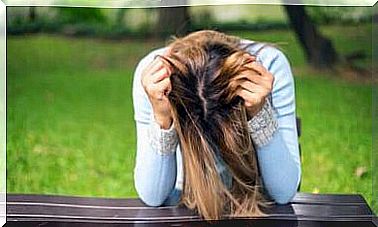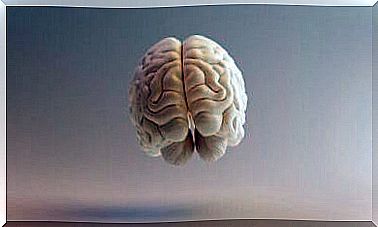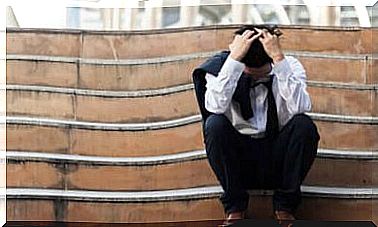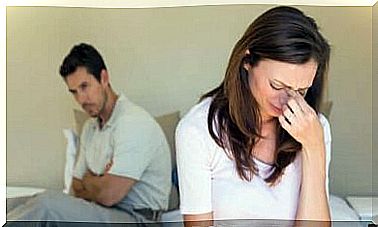When A Choice Isolates You
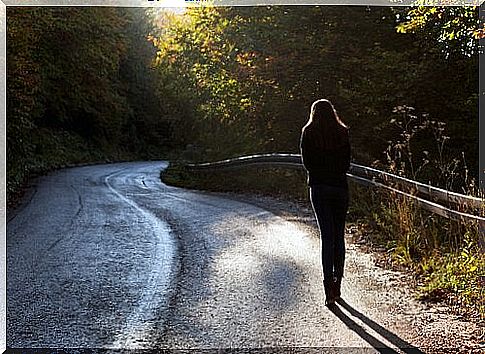
When we were in school, we used expressions like “I got a good grade” or “I got a bad grade”, because we are often not able to bear the weight of our decisions and we often justify ourselves by invoking an external reason.
The correct expression would be “I have decided not to study” or “I have decided to do something else”.
We are afraid that “the group”, the others, will not accept us. We are afraid of loneliness .
The freedom to be yourself involves two very important things: avoiding justifications and accepting the consequences of our actions.
But it’s very difficult to be free, free from the desire to please others, from the need to adapt to what others want, to do what society or the people we have around us expect. we.
The freedom that the West tries to defend and that many other countries envy us. But there is another more subtle freedom, which is the freedom to choose, within the margins that we have.
This is what really scares us, because it means taking a risk for which we are responsible, by our own decision.
Freedom and the approval of others
In today’s society, the way we act and even dress, do our hair and speak is conditioned by seeking the approval of others.
It is not a question of totally breaking the rules and doing what we want, but of seeking a balance between our personal freedom and respect for others.
But the paradox is that if we don’t accept ourselves, others will probably never accept us.
Actor Bill Cosby once said, “I don’t know the secret to success. But the secret to failure is to try to please everyone. ”
Currently, for example, many studies point out that on social media we tend to show the best of ourselves, as a way to seek approval from others.
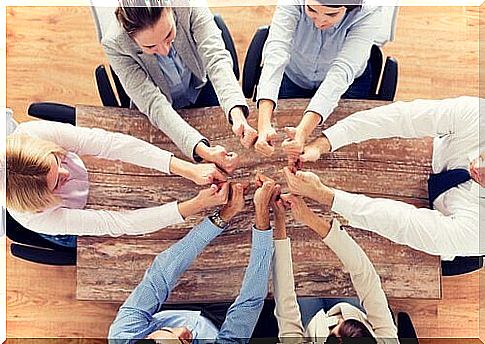
We post what we think will elicit a “like” from others, and we don’t post what we think will be less popular.
This is also applicable to offline life, in which we show ourselves what we think will be most enjoyable.
On the other hand, studies have found how the part of the brain that activates when we receive a reward is the same part that activates when we receive the approval of others, which is why we see as a reward something that is nice to us.
Receiving approval from others is nice, but it can’t be the driving force behind our lives.
It is our tastes and what we really want that should be the lifeblood of our life.
The positive and negative sides of loneliness
Anthropological studies argue that seeking the approval of others can come a long way, when in prehistoric times our survival depended on membership in a human group. A single person can hardly survive this way.
We have come to associate, therefore, freedom with loneliness. That is, if the group does not accept me, I will be free, but I will be alone.
A survey published last year by Perspectives on Psychological Science magazine highlighted new findings about the impact of loneliness on quality of life.
We analyzed 70 studies carried out previously between 1980 and 2014 on how loneliness, social isolation or living alone affect life expectancy.
The average age of the participants was 66, and almost a third had some type of chronic illness.
Social isolation (having little or no social contact, or performing little or no social activities) has been estimated to be associated with earlier death, estimating this risk of premature death at 29%.

But loneliness understood as those times when you need to think, know yourself and learn to know who you are has a different meaning.
Seeking the approval of others can make us feel lonely; but accepting ourselves and learning from our mistakes and our qualities will help us to know the person that we really are and the only one, among all possible people, whom we can truly love.

